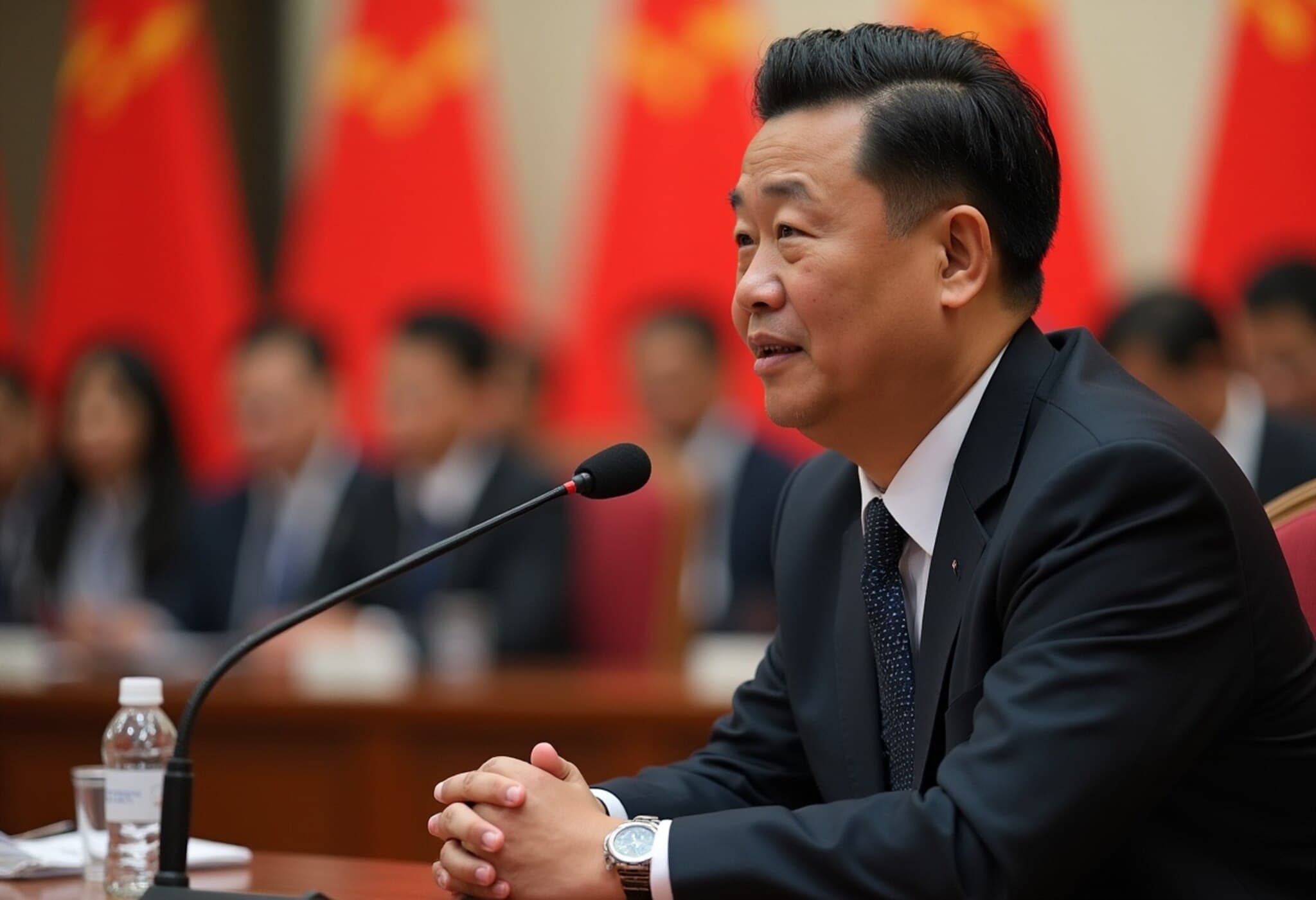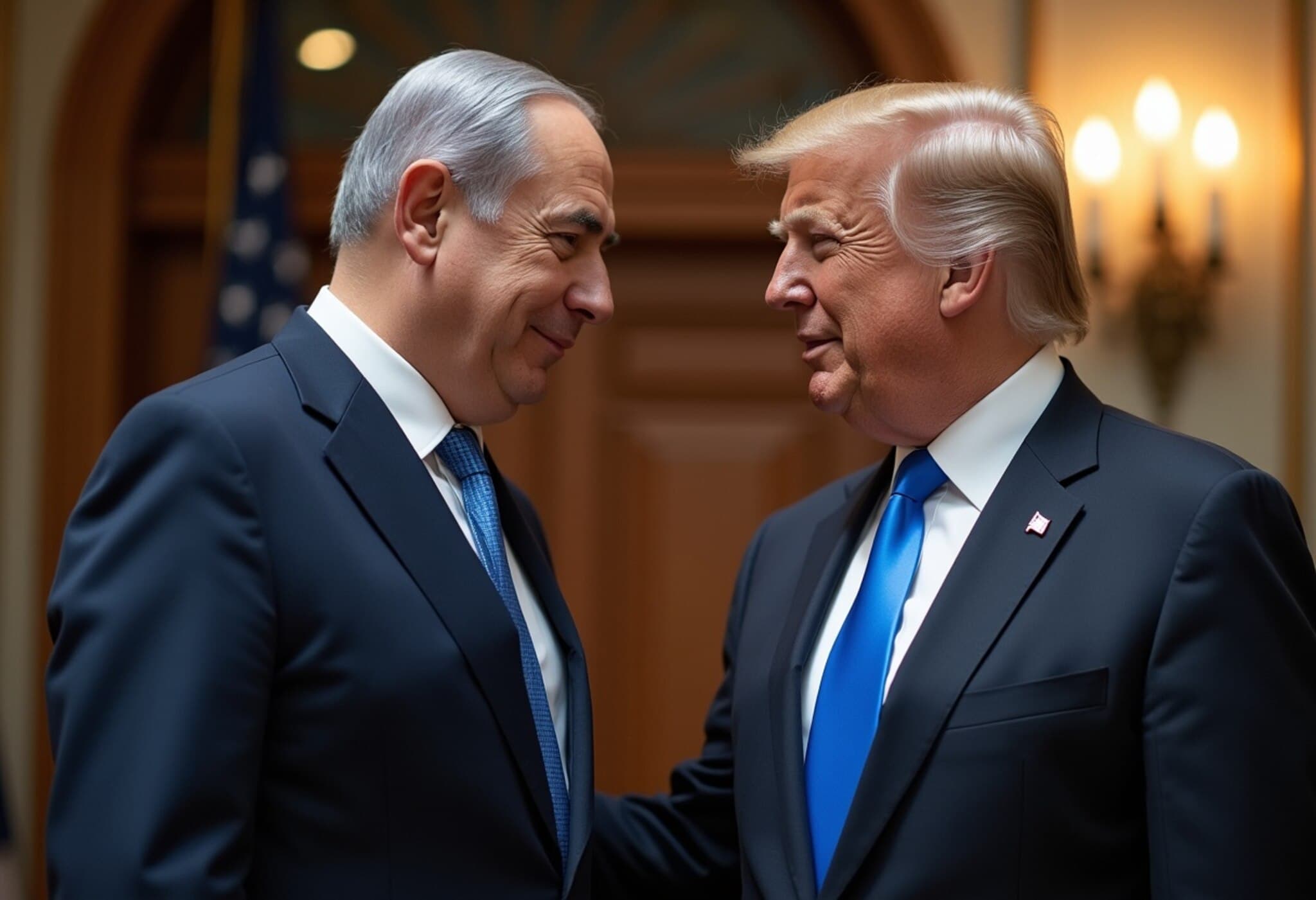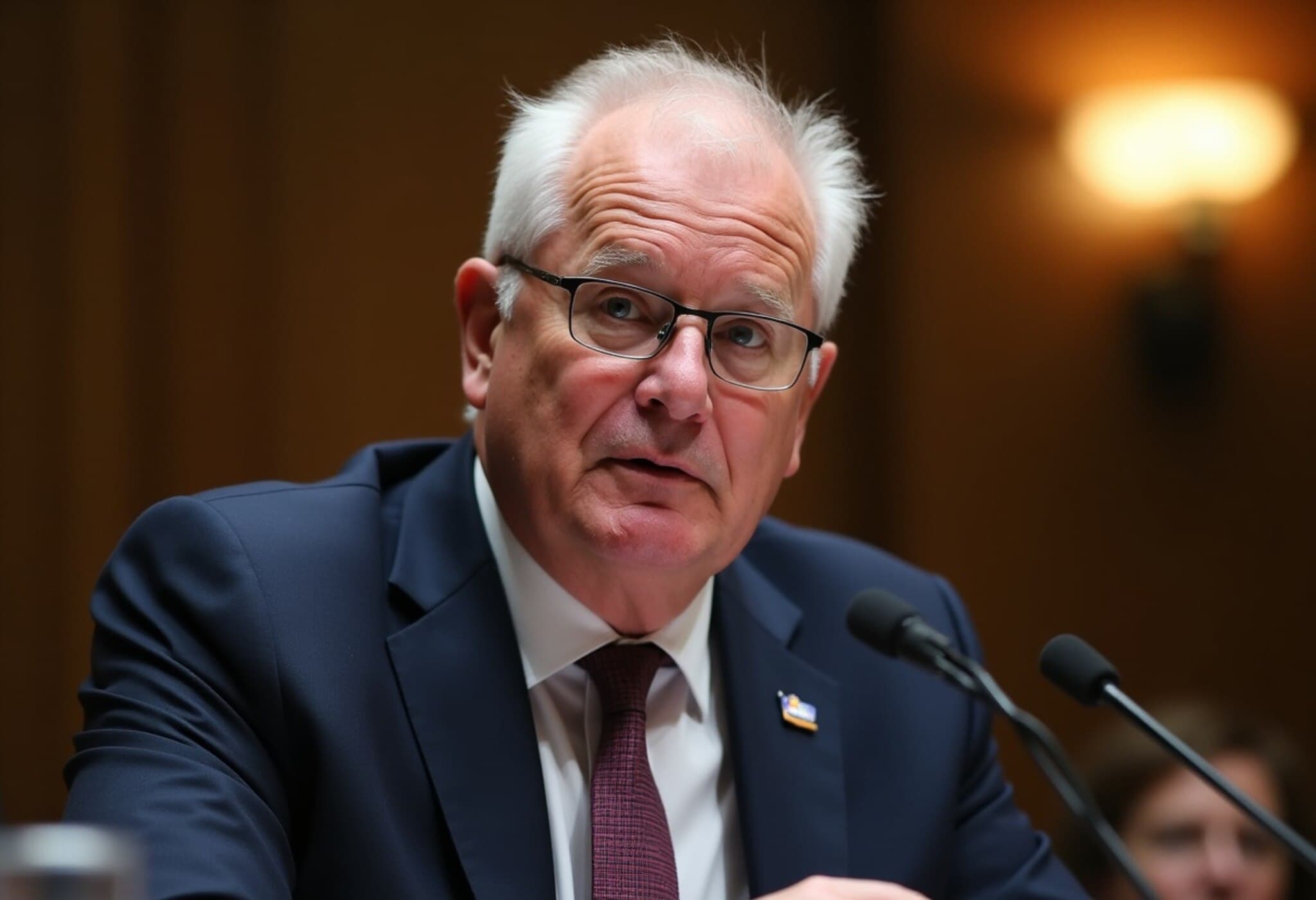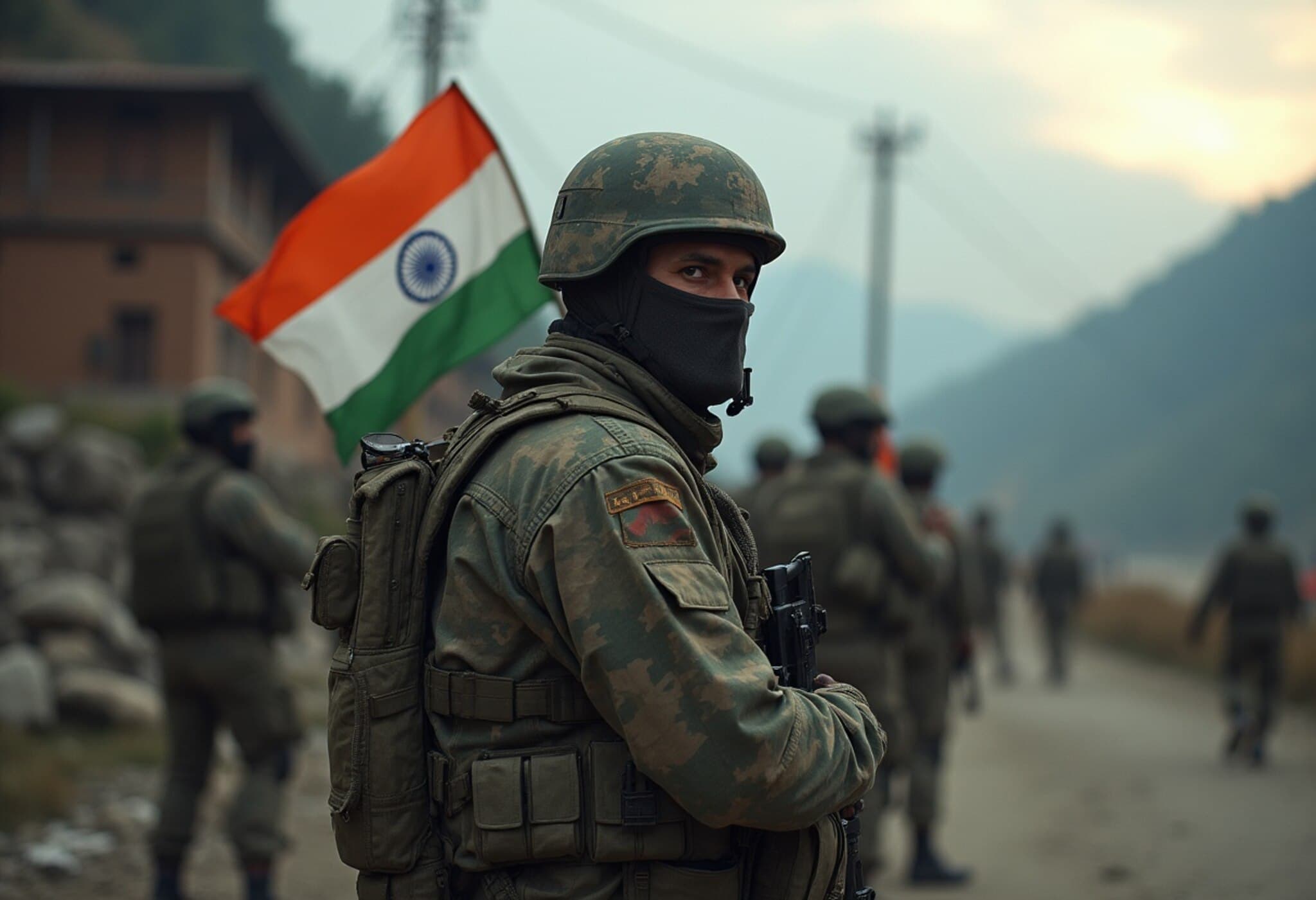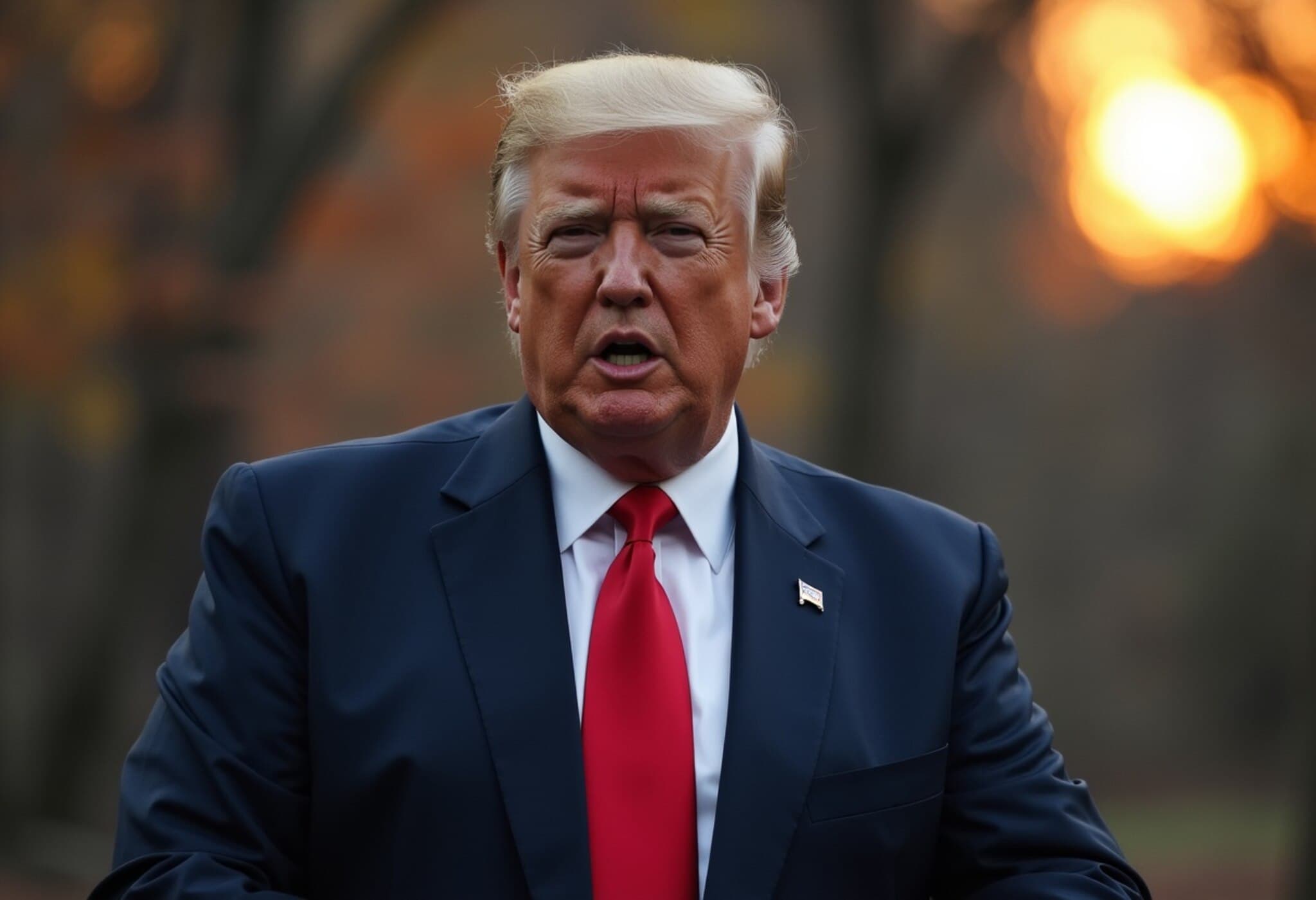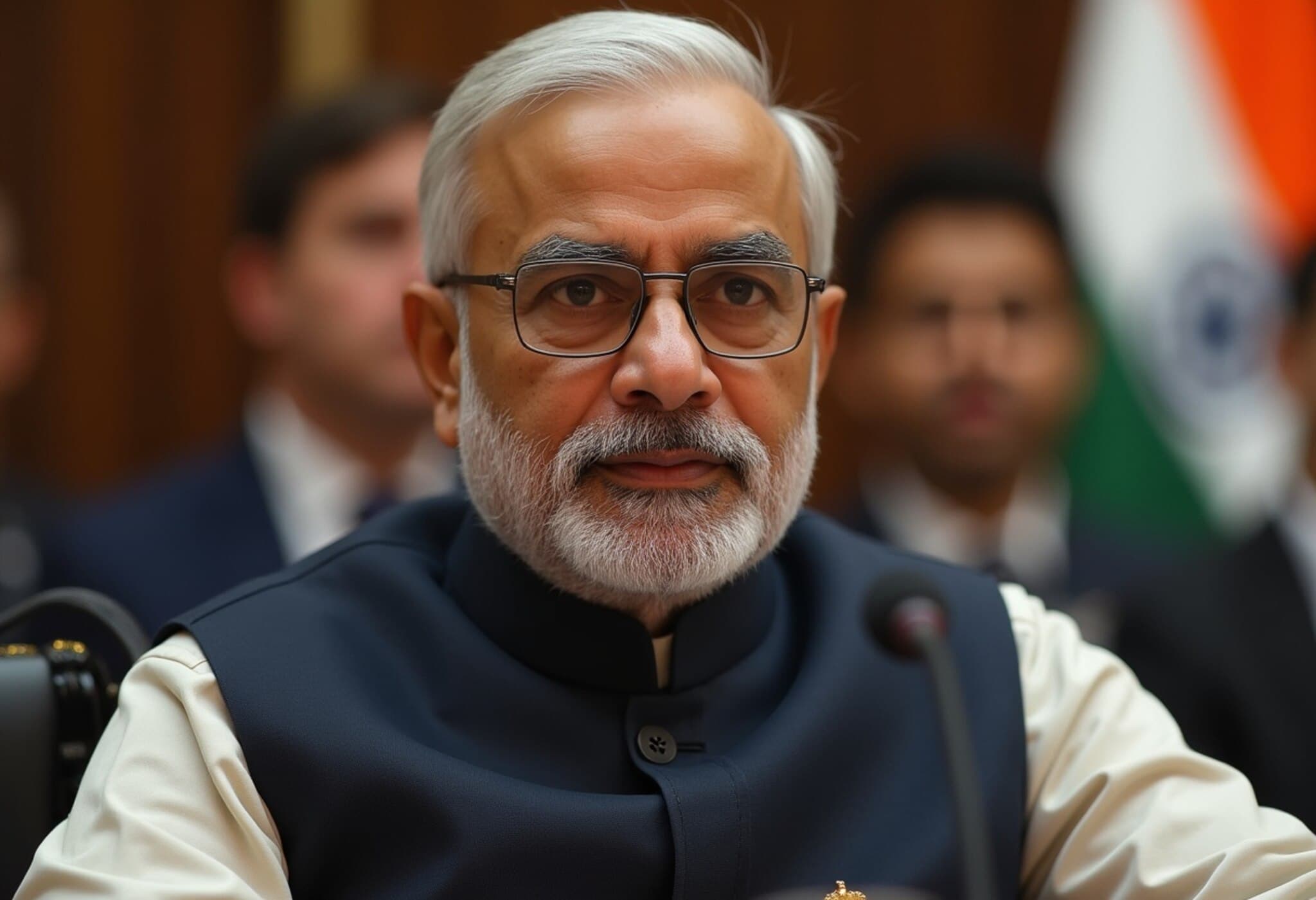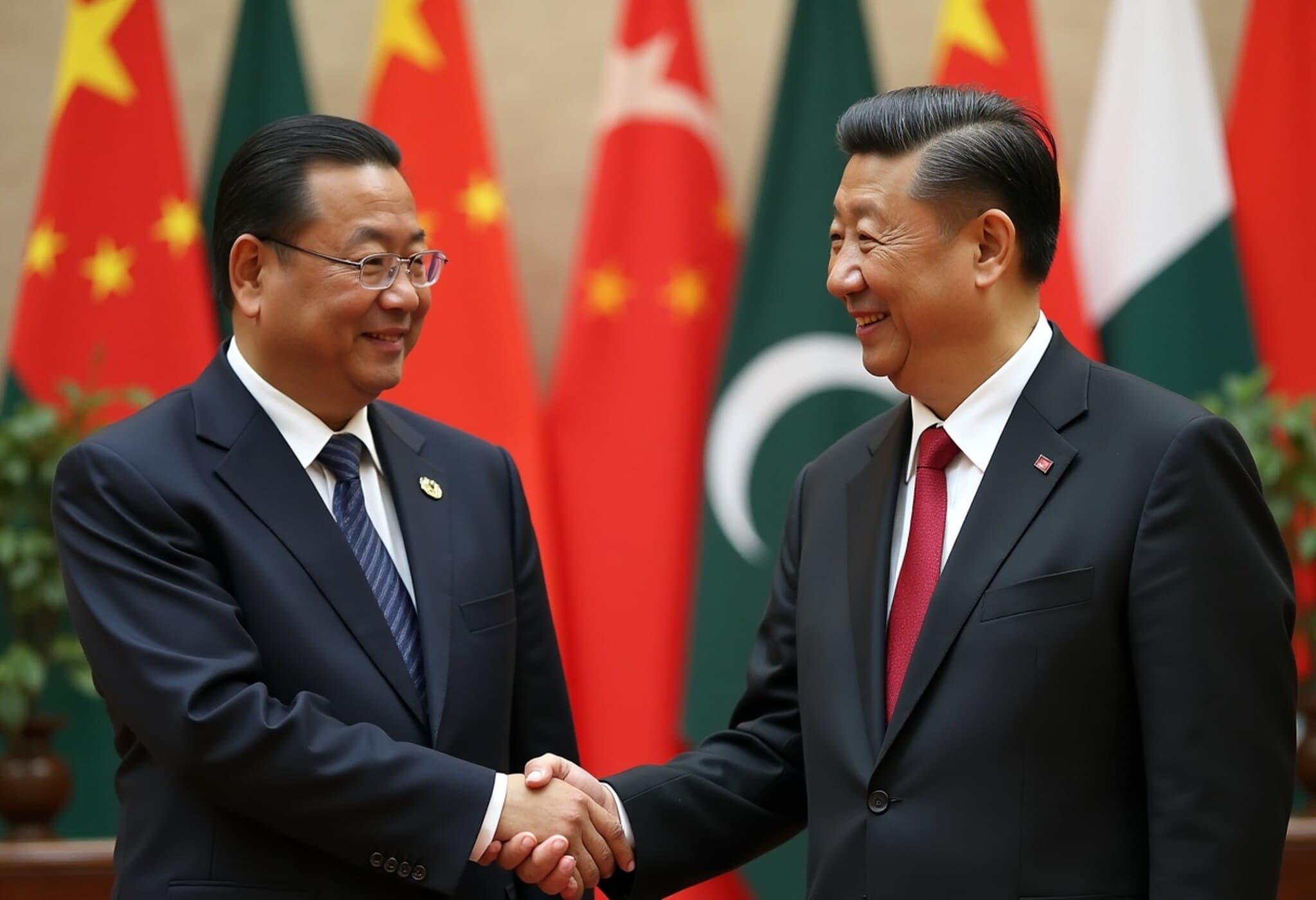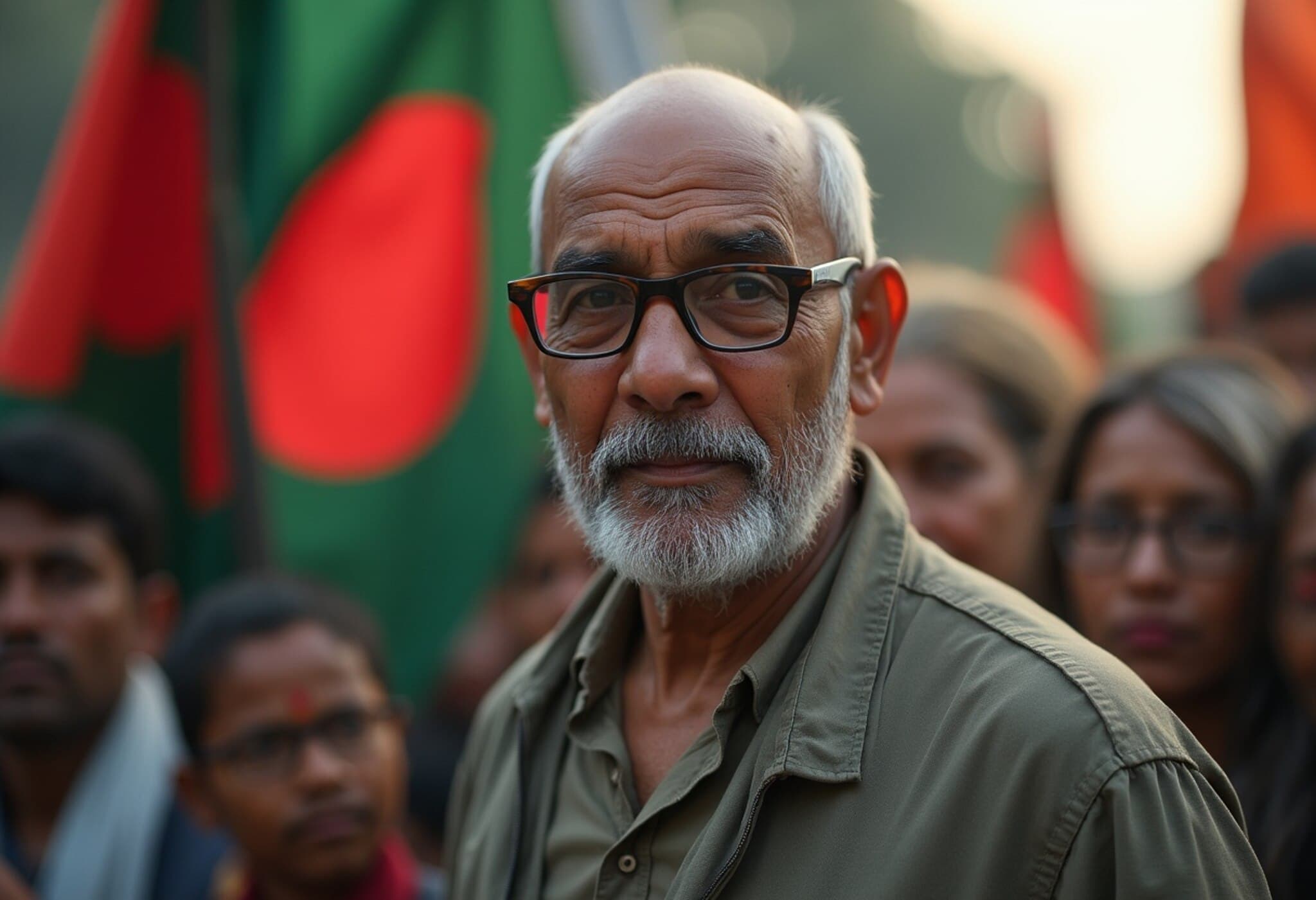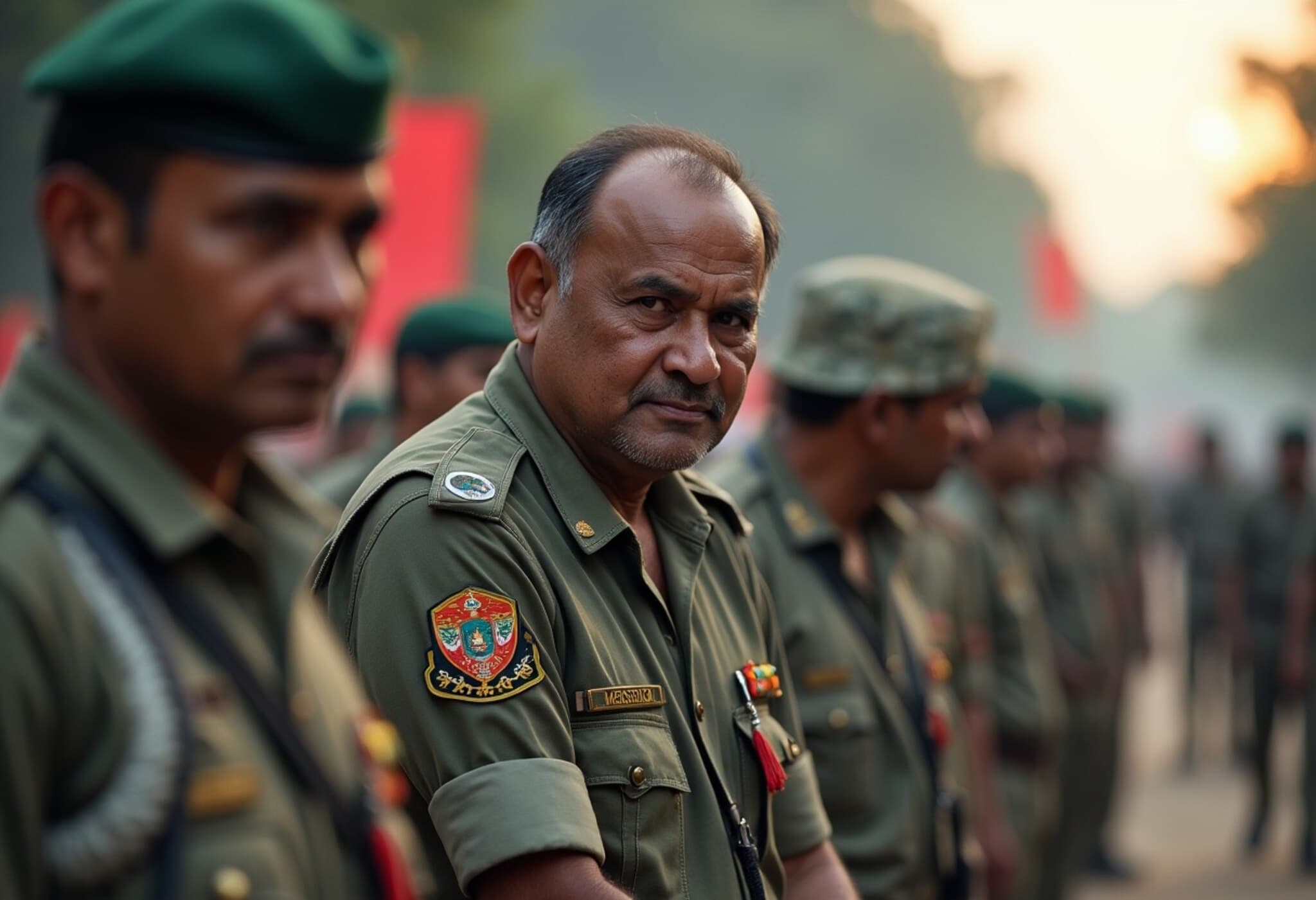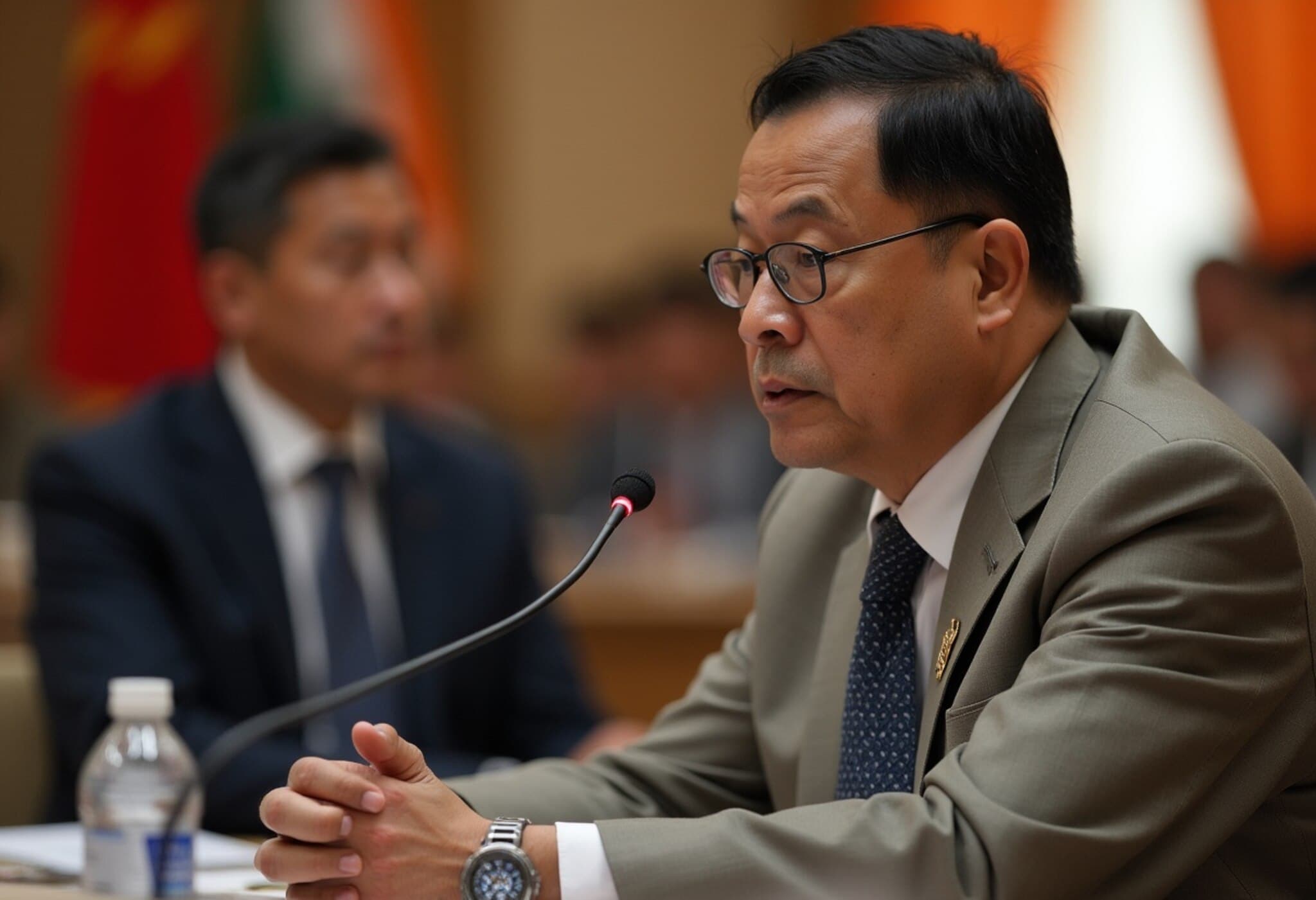China Strengthens Political Ties in Bangladesh Ahead of 2026 Polls
As Bangladesh prepares for its 2026 elections, China is stepping up its diplomatic engagement with the nation’s key political players. Since April 2024, Chinese officials have held talks with major political parties, signaling Beijing’s growing involvement in Bangladesh’s evolving political landscape.
Meetings with Leading Opposition and Emerging Parties
In a notable development, Chinese Vice Foreign Minister Sun Weidong recently met with representatives from the Bangladesh Nationalist Party (BNP) in Dhaka. The BNP, Bangladesh’s main opposition party during the tenure of former Prime Minister Sheikh Hasina, had previously boycotted the 2024 elections, accusing them of being “rigged and unfair.” After their meeting, Vice Minister Sun expressed China’s hope for free and fair polls and reiterated Beijing’s willingness to collaborate with the country’s future government.
Beyond the BNP, China has also engaged with other political groups. In April, a senior delegation from the Chinese Communist Party’s International Department, led by Peng Jiubin, held discussions with members of Jamaat-e-Islami Bangladesh, a party often viewed as pro-Pakistan. The upcoming elections were a key topic during these talks.
Earlier this month, the Chinese Ambassador to Bangladesh, Yao Wen, met with the newly established National Citizens Party (NCP) at the Chinese Embassy in Dhaka. The NCP, born from last year's student uprising that led to the collapse of the Sheikh Hasina government in August 2024, is emerging as a significant political force. Its convenor, Nahid Islam, had a role in the interim government led by Professor Muhammad Yunus.
Signals of China’s Strategic Outreach
These interactions, presented as routine diplomatic engagements, underscore China’s expanded role in shaping Bangladesh’s political scene. The outreach coincides with the visit of Bangladesh’s Chief Adviser, Muhammad Yunus, to China in March 2025. During his four-day trip to Beijing, Yunus urged China to deepen its presence in the region, referring to northeastern India’s “seven sister states” as landlocked by Bangladesh and Myanmar.
Yunus’s call for China to establish a strategic foothold in Bangladesh was widely interpreted as a move to isolate India’s northeastern states. The message did not go unnoticed in New Delhi, where Prime Minister Narendra Modi responded sharply, advising against rhetoric that could worsen regional relations during a meeting at the BIMSTEC Summit in Bangkok.
Looking Ahead to 2026
As the 2026 elections approach, China’s proactive diplomacy and engagement with diverse Bangladeshi political factions suggest it aims to position itself as a key influencer in the country’s political future. With Bangladesh navigating a complex web of domestic and regional challenges, Beijing’s involvement will likely play a significant role in shaping the nation’s trajectory in the years to come.

